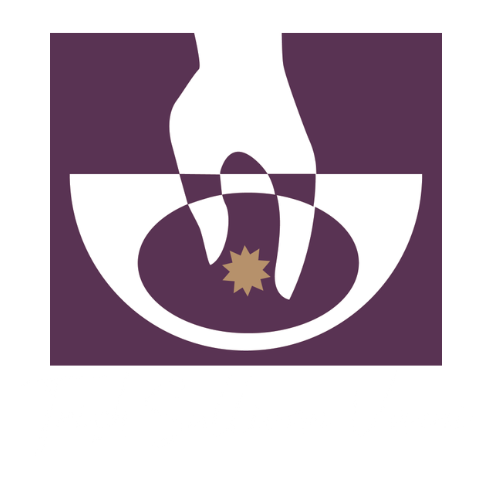MLK Tribute
Earlier this month, I had the privilege of visiting the historic Ebenezer Baptist Church in Atlanta, home of an important chapter in the life and ministry of the Rev. Dr. Martin Luther King. As I entered the sanctuary, a few students milled about. Then they left, and I was alone in that sanctified and historic space as a recording of one of Dr. King giving one of his stirring, prophetic sermons played.
I closed my eyes. I thought about the thousands of moments that someone else sat in the pew I occupied.
I thought of the joy of the Ebenezer community as Dr. King preached the Gospels’ promises. I thought of the suffering they endured as innocent citizens, including children, were murdered in the fight in the fight for justice. I thought mountain of grief that flowed over and through them as they brought Dr. King’s body home and laid him to rest.
And, I thought about their collective vision of a nation that truly lives its creed. While we have yet to fulfill their vision, it nevertheless calls us forward to undo the spectrum of prejudices that plaque this nation, and the individual and institutional racism which fuel them.
In Christianity, we believe that those who go before us, all people who live lives of love, peace, justice and goodwill, join a great cloud of witnesses that surrounds us. In Celtic spirituality, which has influenced me greatly, we hold that this fabulous mob – what in Catholicism we call the communion of saints – is spiritually as close as our breath. We believe that our separation is an illusion.
I thought of all the holy mothers and fathers, the youth and children, the adults and elders, that had prayed in Ebenezer Baptist church as I listed to Dr. King speak for the better part of a half hour. He was not a man inclined, to use the phrasing of my mentor Fr. Tim, to “throw softballs.” His words comforted at times, yes, but they also challenged me. They evoked visions. They asked that his listeners, in the words of the prophet Joel, “dream dreams.”
While he lived, Dr. King demanded that of all of us.
He impacted two thirty-somethings in Hackensack, NJ with this message. Irish Catholics and children of immigrants, they were electrified by his vision. Shortly after moving to that integrated city from an almost entirely white town, they moved their children out of the homogenous Catholic schools and into the local public schools, which were far more diverse in every measure. They taught their children the songs of the Civil Rights movement. They instilled in them the belief that “we shall overcome someday.” They affirmed, over and over, to their young daughters that their friends with ancestry from Africa rather than Europe were their equals, all while being honest that this was not yet fully recognized in the culture.
They were my parents.
Catholicism has a long history of the practice of pilgrimage and procession. We embrace holy walking. As early as the second century, Roman elites, predominantly women, began making journeys to visit the hermits of the deserts of Egypt.
My first pilgrimage was when I was nine. My parents were shocked, grieving and angry at the assassination of Dr. King. Hearing that there would be a gathering and memorial at the Bergen County courthouse, they put my youngest sister in her stroller, and taking my other sister and me in hand, walked us the almost three miles down to that gathering. It was Palm Sunday, and the Pastors Association of the city had asked people of faith to gather and process in silence through the city. I cannot imagine a more reverent way to begin what Christians consider the holiest week of the year.
As I sat in Ebeneezer Baptist, I thought about that day and other ways in which I was marked by being a child during the life of Dr. King. As I stood quietly at his grave (which is shared with his courageous wife, Corretta Scott King), I really was humbled what they stood for and what they accomplished. Even more, I was awed by what they had burned in our hearts, including the heart of a little girl who had just turned nine.
In the following decades, I’ve had to awaken even more critically to the disparity between Dr. King’sr vision and our culture. When I talk about the importance of continuing this work of undoing racism and interrogating white advantage, which I believe must be done by those us who identify as white, people often respond with a heartfelt, “but we’ve come so far.” As we celebrate Dr. King’s life and legacy this weekend, we can honor the ground gained, but let’s do more.
Let’s continue to labor to achieve his compelling vision. Let’s challenge and dismantle the racism and white supremacy that have been emboldened, normalized, and tolerated in recent years. Let’s keep learning and working. So that one day, our great-grandchildren can unequivocally say, in the words of Dr. King’s unforgettable 1963 “I Have a Dream” speech, “Free at last! Free at last. Thank God Almighty, we are free at last!” All of us.
